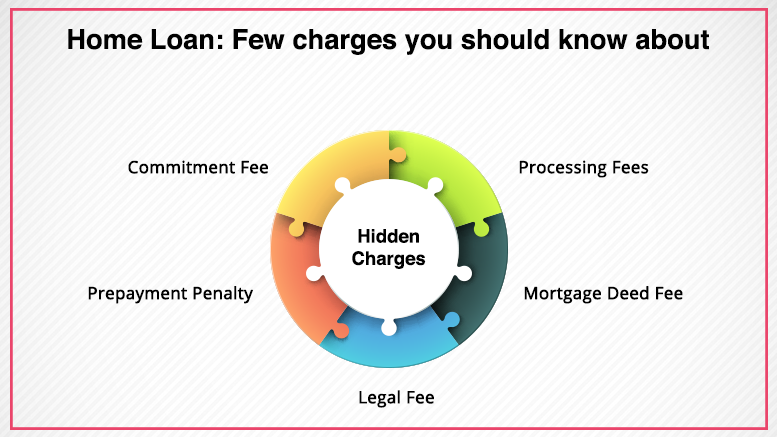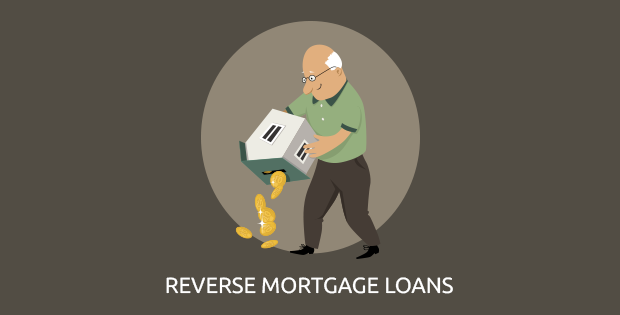
- About Us
- OUR OFFERINGS
- CALCULATORS
- RESOURCE CENTRE
-
Quick Links
- Existing Customers Benefits
- Become a Partner
- Pre-Approved Projects
- Home Loan App
- Blog
- CSR
- Locations
- Roi Switch Policy
- Co-Lending Policy
- Co-Lending Partnerships
- Customer Sensitization Program
- ROI Range
- Borrower Education - SMA/ NPA classification
- Borrower Awareness - RBI Ombudsman Scheme
- Borrower Awareness - procedure for handover of property documents
- NEWS CORNER
-
INVESTOR RELATIONS
- Financial Reports
- Investor Presentations
- Annual Reports
- Notices
- ESG Profile
- IEPF
- Investor Call Transcript
- Corporate Announcement
- Public Issue of NCD'S
- Qualified Institutional Placement
- Investor Relations Contact
- ISO CERTIFICATIONS
- Forms for Shareholder KYC-PAN-Nomination update
- Credit Ratings
- Statutory Advertisements
- ODR Portal
- Rights Issue
- Sustainable Financing Framework
- Disclosures under Regulation 46 of SEBI LODR
- CONTACT US
- Login
 Apply
ApplyOnline

India's 1st Completely Online Home Loan!
-
e-APPLY
-
e-SANCTION
-
e-DISBURSE
Start your eHome Loans Process Now!
Apply OnlineStructuring Home Loans & Tax Exemptions

- Home Loans Guide
- Mar 05, 2018
- VIEWS: 5331
When taking a home loan either through a bank or a financial institution, it is imperative to understand the home loan tax exemption structure thoroughly. Procuring and creating your own home is a dream in itself, but with it comes the perils of financing. The Government of India has set up varied schemes under The Income Tax Act 1961 to encourage citizens to purchase homes while offering them tax exemptions. Instead of putting in all your savings into buying the house, it is advantageous to utilise the funds secured from a home loan. It is because you can make the most of multiple tax benefits, exemptions and returns through the various offerings.
Here are a few means on how to claim home loan tax exemption.
- Tax Exemption for Interest Paid on Home Loan for purchase or construction of the house.
With Section 24 of the Income Tax Act 1961, you can claim tax exemption up to INR 2 lacs for the interest payable on the home loan obtained by you for purchase of ready property or under-construction property. The income from house property shall decrease by the amount of interest paid on a loan that is taken for acquisition, construction, repair, renewal and reconstruction of the property. Interest on home loan tax exemption is allowed to a maximum limit of INR 2 lacs. In the case of the property not self-occupied, there is no stipulation for the maximum limit, and the taxpayer can take the tax benefit for the whole interest amount under Section 24. Do note that when you utilise the tax exemption of interest feature under Section 24, it is deductible on a payable basis only. It means that on an accrual basis. Thus, the claim can be made yearly, even if no payment has been made during that year. If the property is not completed within five years of the loan sanction date, the tax exemption for interest is reduced from INR 2 lacs to INR 30,000 only.
- Tax Treatment for Pre-Construction Interest
The home loan tax exemption limit for interest payable on a property under construction is stipulated under Section 24. However, the building should be completed within five years. Individuals purchase properties with a home loan even before the conclusion of the construction and begin paying the EMIs to the bank. In this case, don’t forget to read the fine print of Section 24, that clearly states Tax Deduction for payments of interest shall not be allowed before the completion of the construction. A few pointers to keep in mind:
- If you take a home loan for repair, reconstruction or renewal. No tax exemptions are permissible for the interest paid before the completion.
- If you take a home loan for purchase or construction of a property, you can aggregate the interest amount that has been paid before completion of the project. The combined amount is allowed for home loan tax exemption in five equal instalments for five consecutive financial years starting from the fiscal year of the completion of construction.
- Tax Exemption for Principal Repayment
The principal or repayment amount of the home loan that is payable by an individual and is allowed under Section 80 C of the home loan tax exemption rules is up to a maximum of INR 1.50 lacs. The tax exemption under Section 80 C of The Income Tax Act is permissible on payment basis regardless of the year for which the payments have been made. Additionally, the amount paid as stamp duty and registration fees are allowed as tax exemption under Section 80C. The tax benefit under this section is only for property entirely constructed. If a property is under construction and you intend to purchase it. Firstly, the tax exemption is not permissible. Secondly, GST is levied on under-construction properties. To make the most of this tax exemption benefit, hold onto the property for a tenure of minimum five years.
- Tax Exemption for First Time Buyers
During the 2019 budget, a new deduction of INR 1.5 lacs under Section 80EEA was introduced for the interest paid on the home loan. It is part of the Governments initiative to making housing affordable and enables the home buyer to have a low cost of funds available at their disposal. It is possible to claim this tax exemption from Financial Year 2019-2020 onwards. It is over and above the tax exemption of INR 2 lacs under Section 24 and INR 1.5 lacs under Section 80C. However, there are a few stipulations to follow:
- The loan is to be sanctioned by a financial institution from 1st April 2019 to 31st March 2020.
- The stamp duty value of the property should not exceed INR 45 lacs.
- The borrower does not own any other property on the date of sanction of the home loan.
The next time you intend to obtain a home loan, you can structure your tax exemption with a tax saving calculator and with the aid of the various sections of the Income Tax act to benefit from the home loan tax exemption limit the maximum.
Related Articles:
- Know how housing finance can help you with Tax Planning
- Home Loans Can Help You Save Tax, Here’s How!
- How To Claim Benefits On Joint Home Loans?
The post Structuring Home Loans & Tax Exemptions appeared first on Indiabulls home loans.

Top up home loan vs personal loan a comparison to determine the better choice for loans
Taking on a loan of any kind is a financial responsibility. It is a debt that needs to be repaid, in full, based on the tenure chosen by the borrower. Most banks, housing finance companies and non-banking finance companies offer a myriad of loans to finance the different needs of customers.
- Home Loans Guide
- Jul 23, 2019
- VIEWS: 8942

MCLR in Home Loan
The interest rate is one of the most important components of a loan, especially in the case of a high-value loan that lasts for 2 decades or more; the home loan.
- Home Loans Guide
- May 24, 2019
- VIEWS: 6697

Types of Home Loan Charges
Most people fulfil their wish of becoming homeowners by taking out a home loan. It is the easiest way to afford a property as one can pay for the house in monthly instalments.
- Home Loans Guide
- May 24, 2019
- VIEWS: 8010
No Comments
Subscribe
Most Viewed Blogs
Categories
- Home Loans Guide 125
- Home Renovation Loan Guide 3
- Home Loan Transfer Guide 14
- Home Extension Loans Guide 1
- Loan Against Property Guide 28
- Home Loan Interest Rates Guide 2
- Others Guide 8
- Home Decor & Lifestyle Guide 5
- Plot Loan Guide 3
- PMAY Guide 5
- Uncategorized Guide 1
- NRI Home Loans Guide 5
- Financial Resolutions Guide 1
- New Year Resolutions Guide 1
Archives
- Mar 2020
- Jan 2020
- Nov 2019
- Jul 2019
- Jun 2019
- May 2019
- Apr 2019
- Mar 2019
- Feb 2019
- Jan 2019
- Dec 2018
- Nov 2018
- Jul 2018
- Jun 2018
- May 2018
- Apr 2018
- Mar 2018
- Feb 2018
- Jan 2018
- Dec 2017
- Nov 2017
- Oct 2017
- Sep 2017
- Aug 2017
- Jul 2017
- Jun 2017
- May 2017
- Apr 2017
- Mar 2017
- Feb 2017
- Jan 2017
- Dec 2016
- Nov 2016
- Oct 2016
- Jun 2016
- Apr 2016
- Mar 2016
- Feb 2016
- Jan 2016
- Dec 2015
- Nov 2015
- Oct 2015
- Sep 2015
- Aug 2015
- Jul 2015
- Jun 2015








